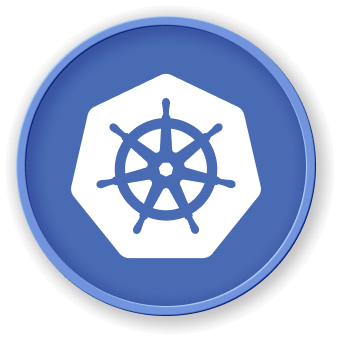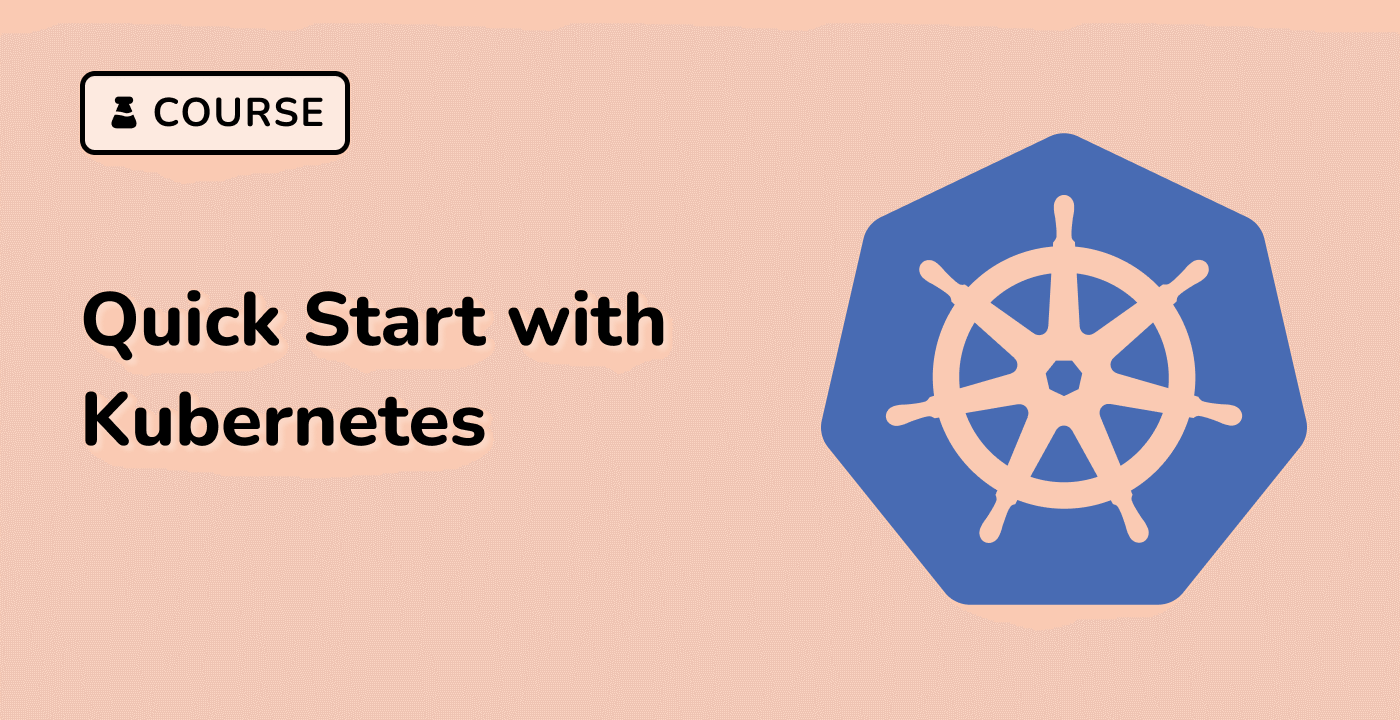Advanced Event Management
Comprehensive Event Tracking Strategies
Advanced event management in Kubernetes involves sophisticated techniques for monitoring, analyzing, and responding to cluster-wide events with precision and efficiency.
Event Persistence and Storage
flowchart LR
A[Kubernetes Events] --> B[Logging Solutions]
B --> C[Elasticsearch]
B --> D[Prometheus]
B --> E[Grafana]
| Tool |
Functionality |
Performance |
Storage Capacity |
| Elasticsearch |
Long-term storage |
High |
Unlimited |
| Prometheus |
Metrics tracking |
Medium |
Limited |
| Fluentd |
Log aggregation |
High |
Configurable |
Custom Event Logging Script
#!/bin/bash
## Create persistent event logging configuration
cat << EOF > /etc/kubernetes/event-logger.yaml
apiVersion: v1
kind: ConfigMap
metadata:
name: event-logger-config
data:
retention: "30d"
format: "json"
EOF
## Deploy event logging daemon
kubectl apply -f /etc/kubernetes/event-logger.yaml
Advanced Event Debugging Techniques
## Extract detailed event information
kubectl get events \
--sort-by='.metadata.creationTimestamp' \
-o custom-columns=TIME:.metadata.creationTimestamp,NAMESPACE:.metadata.namespace,KIND:.involvedObject.kind,NAME:.involvedObject.name,REASON:.reason,MESSAGE:.message
Event Correlation and Analysis
Kubernetes event management transcends simple logging, enabling complex correlation between system events, resource interactions, and performance metrics through sophisticated tracking mechanisms.
The advanced event management process integrates multiple strategies to provide comprehensive visibility into cluster dynamics, facilitating proactive monitoring and rapid troubleshooting.



